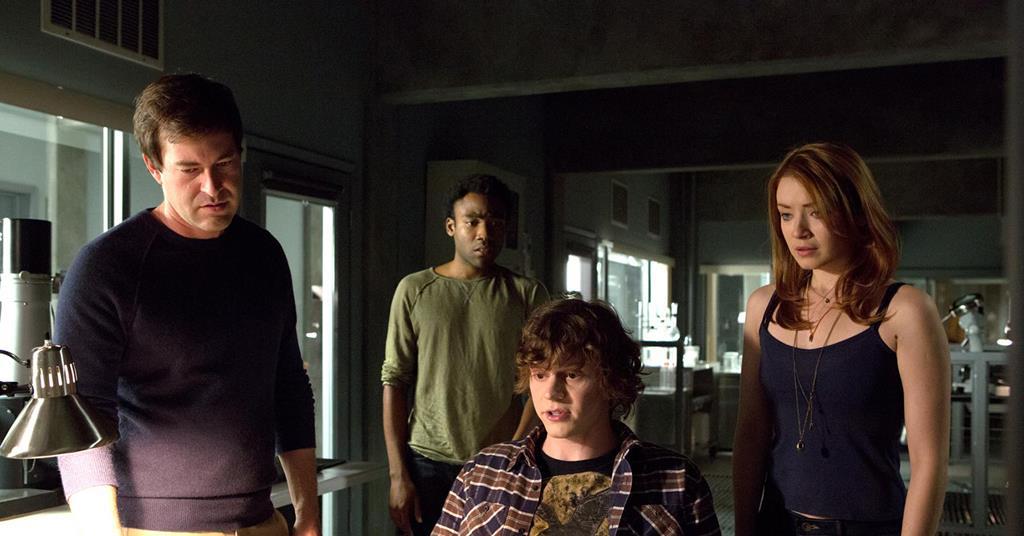


So, here we are six years later, and I wouldn't have known or guessed by looking at her that she was HIV-positive. So, at that point she went and got tested, realized that she was HIV-positive and qualified began treatment. BANGS: She's one of the people we were speaking to in context of, like, you know, if you see someone who comes in that you think would be a good candidate for us, please give us a call or let us know, can we come see how your clinic works? And then she sort of mentioned, like, oh, in my own experience, you know, how I ended up doing this is that I had lost three children of my own to AIDS in the time before this treatment was available in Africa.Īnd then as she was walking in a market one day, she heard a woman kind of yelling, like, you know, (speaking foreign language), come around here, sort of announcing that the treatment had become available. And she's an HIV clinic supervisor in Lusaka, Zambia, but she has a story of her own. HANSEN: You follow four people in the film, beginning with a woman named Connie Mudenda. LANCE BANGS (Director, "The Lazarus Effect"): Thank you so much for having me. The documentary's director, Lance Bangs, is in the studio of member station WFPL in Louisville, Kentucky. "The Lazarus Effect" focuses on the experiences of four people in Zambia whose lives have been touched by AIDS. The drugs now cost less than a bag of potato chips - around 40 cents a day. Since then, global health groups and private organizations have worked to reduce that number. Eight years ago, such medication would have cost $10,000 per person per year. Yet whenever he sits down to write, "all I could produce was a costumed parade of paper cutouts".Tomorrow night, HBO will broadcast a new half-hour documentary about the transformative effects of low-cost antiretroviral drugs in the fight against AIDS in Africa. The killing was used to stir up anti-anarchist hysteria and Brik thinks he sees the present in the past, as well as himself in Averbuch. He latches on to the true story of Lazarus Averbuch, a 19-year-old Russian Jew who was shot dead by the Chicago chief of police in 1908.

His stand-in for this second novel is Vladimir Brik, a frustrated writer who escaped Bosnia before the fighting broke out and now lives, resentfully, off his well-paid American wife while making "mental notes" towards a stalled novel. But the experience of cultural displacement – specifically, of uprooting from Sarajevo and making a new life in Chicago, as Hemon did in 1992 – is his recurring preoccupation. One couldn't guess it from his exuberant prose: anyone who can catch a group-photo tableau as it "ungrinned and disassembled" is clearly beyond good and evil as far as English usage is concerned. If it weren't so germane to his standing theme, it would seem crass to mention that Aleksandar Hemon was pushing 30 by the time he got around to learning English.


 0 kommentar(er)
0 kommentar(er)
